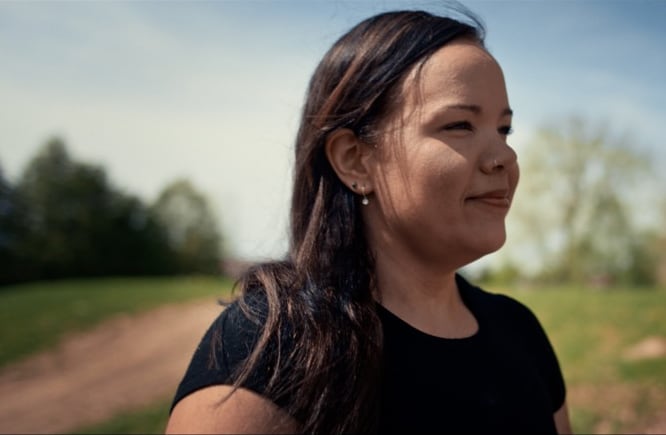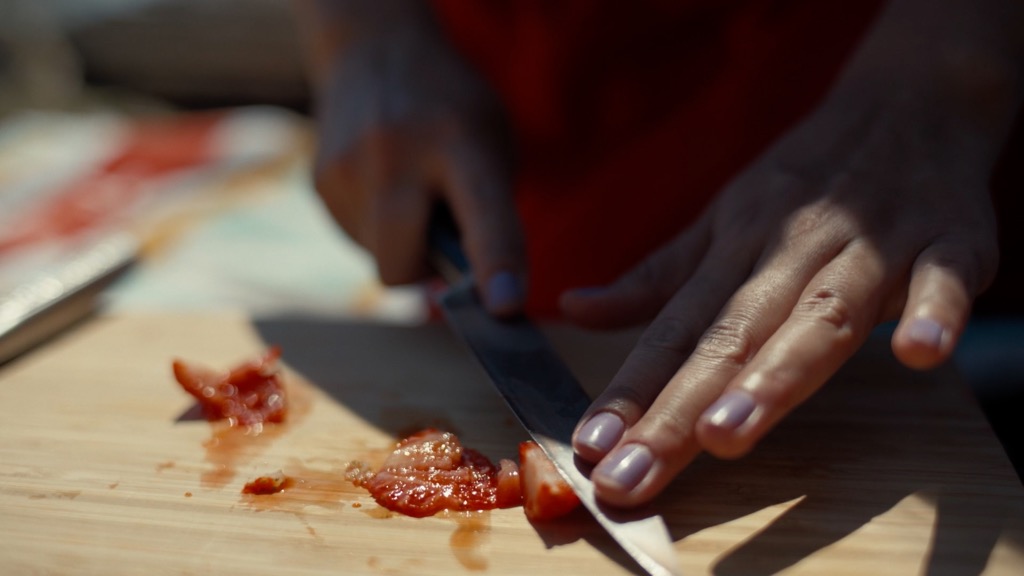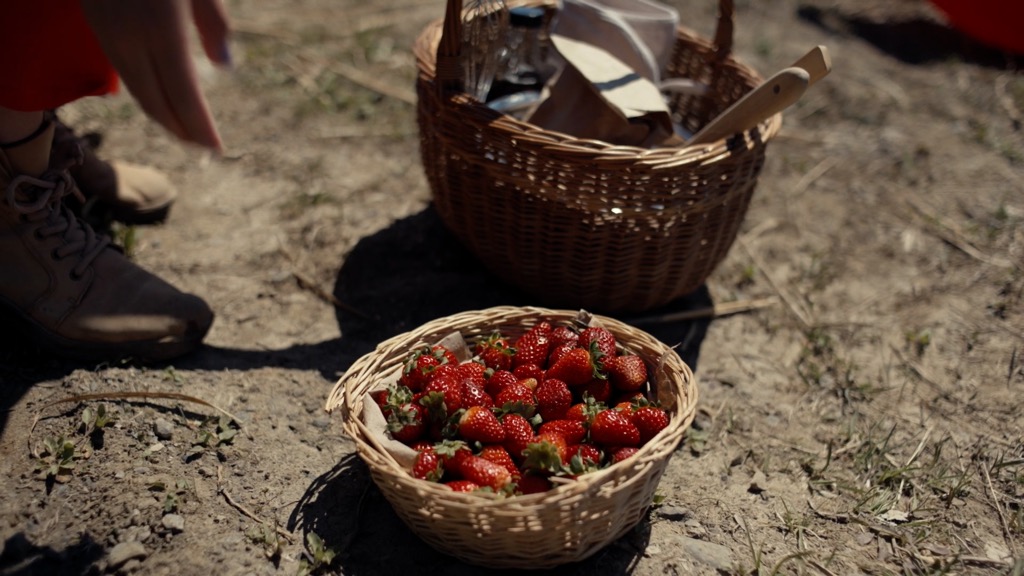1
EPISODE ONE : KAHNAWÀ:KE
In 2020, when the Quebec government put the province on hiatus to fight the pandemic, deeming what was essential and what wasn’t, the Mohawk community had different priorities in mind. Kahnawà:ke, an urban community of 10,000 members located just outside Montreal, quickly came together to focus on the importance of food sovereignty, sustainability and health. This is the story of John, Karina and Raven who took part in several initiatives to ensure the well-being of their community.
OUR STORYTELLERS

JOHN

KARINA

RAVEN
STRAWBERRIES ken'niiohontésha
In southern Québec, the wild strawberry is the first fruit to appear in the spring after the long winter. Known in Mohawk as ken’niiohontésha, the berry is seen as a symbol of rebirth and a testament to the cycle of life continuing as it should.
The wild fruit is sacred and deeply rooted in the Haudenosaunee creation story, playing a central role in the cycle of ceremonies that are practiced to give thanks to the natural world.
The wild strawberry grows at the same time that newborn babies are given their names in the longhouse at the beginning of the new year. The fruit, growing just off the ground, are much like spirit babies, holding on to their mothers and not touching soil until later.


It is seen as a woman’s medicine, with the berry, the plant and the root used to treat a variety of ailments. Now considered a superfood, it is high in vitamin C and was crucial in fighting off sickness, such as blood disease, before the advent of modern medicine.
Indigenous people across Turtle Island have begun to re-embrace their deep relationship with the plant after years of separation due to colonialism and the plant’s domestication. The community of Kahnawake recently dedicated parts of their territory to growing the plant, in an effort to foster food sovereignty and reinvigorate the people’s connection to the land and natural cycles.
Every year during the harvest period, Kahnawake, along with many other Mohawk nations, hold strawberry festivals to celebrate the plant and the unique role it plays in the life cycle of the Haudenosaunee people. To this day, the sacred berry continues to unite people around the love of food, family, traditional beliefs and community.

CONTACT US
Have a story about your own little big community?
Reach out and let us know! We would love to help you tell it.
